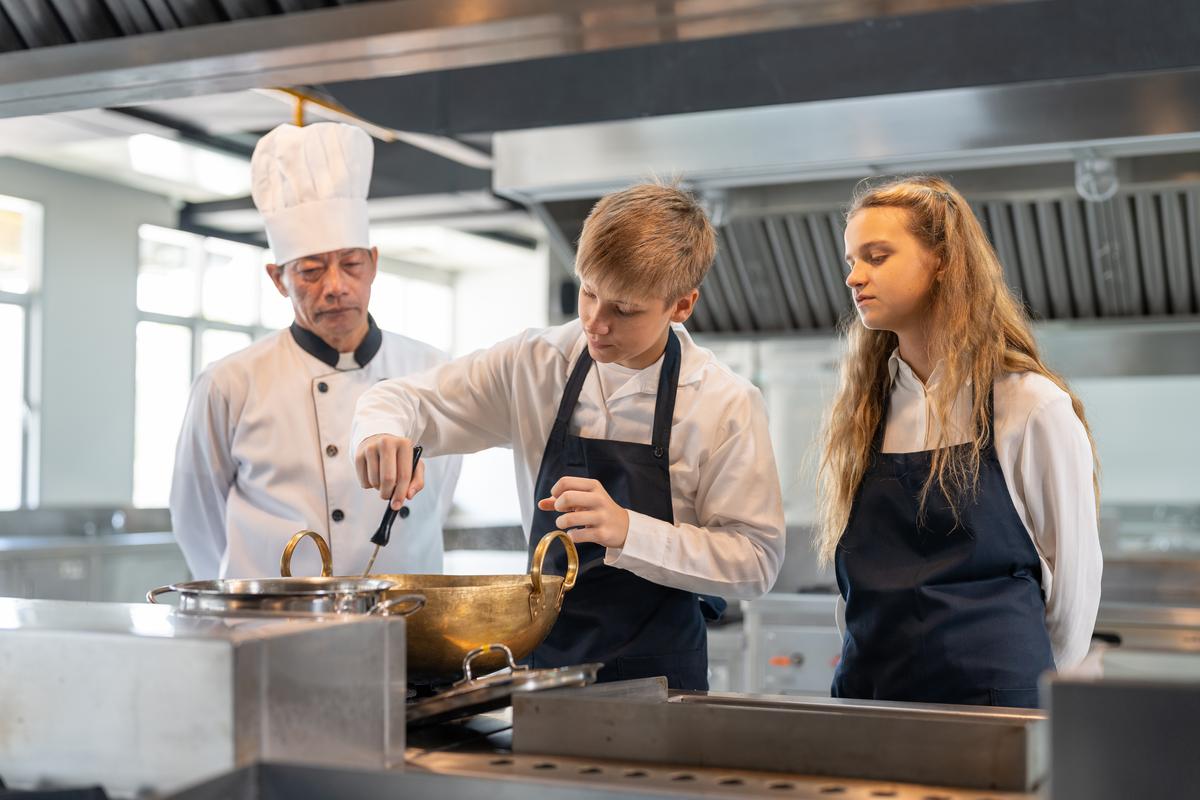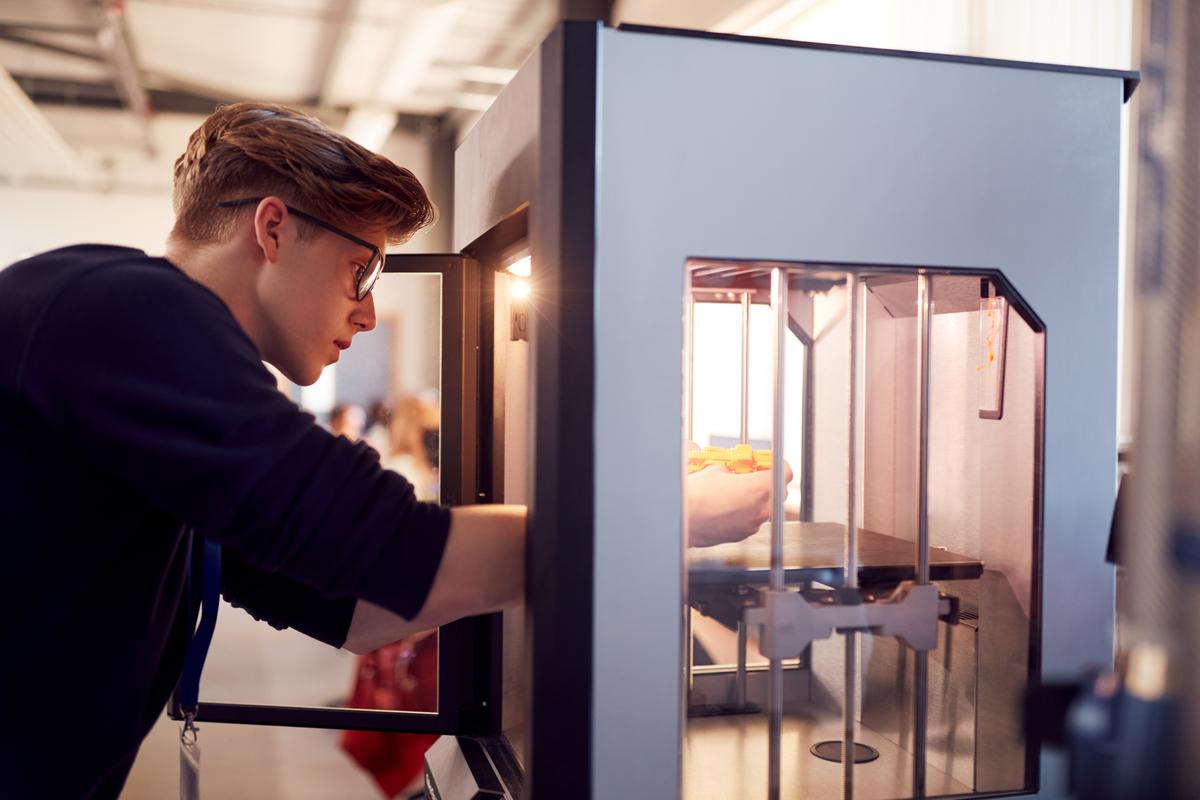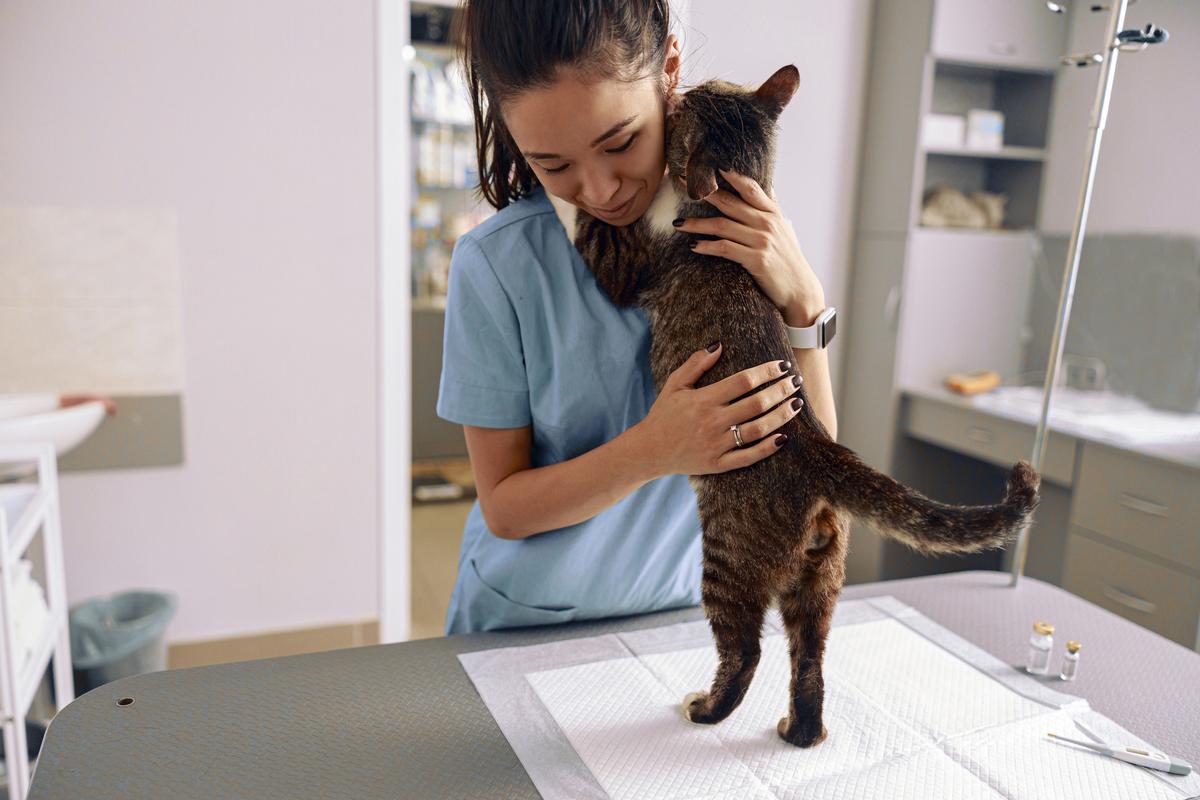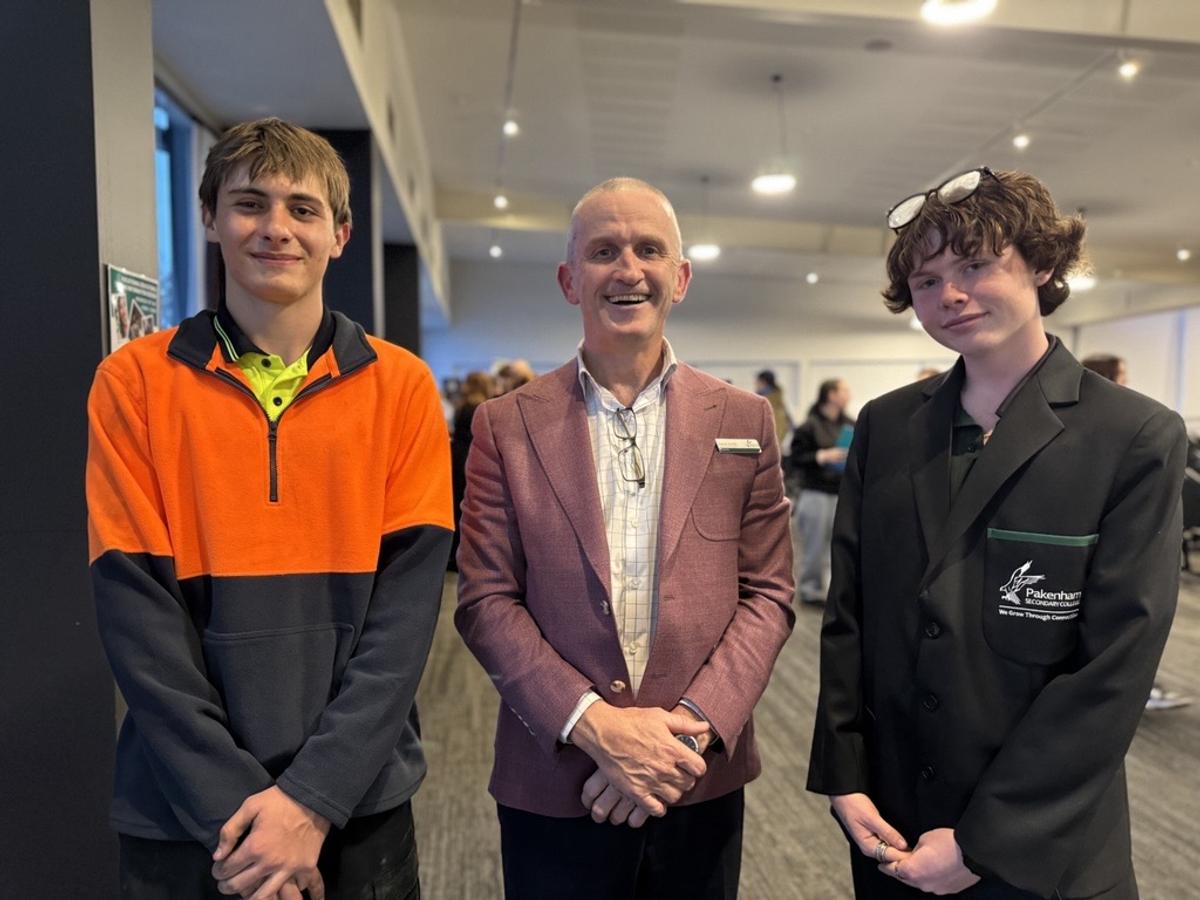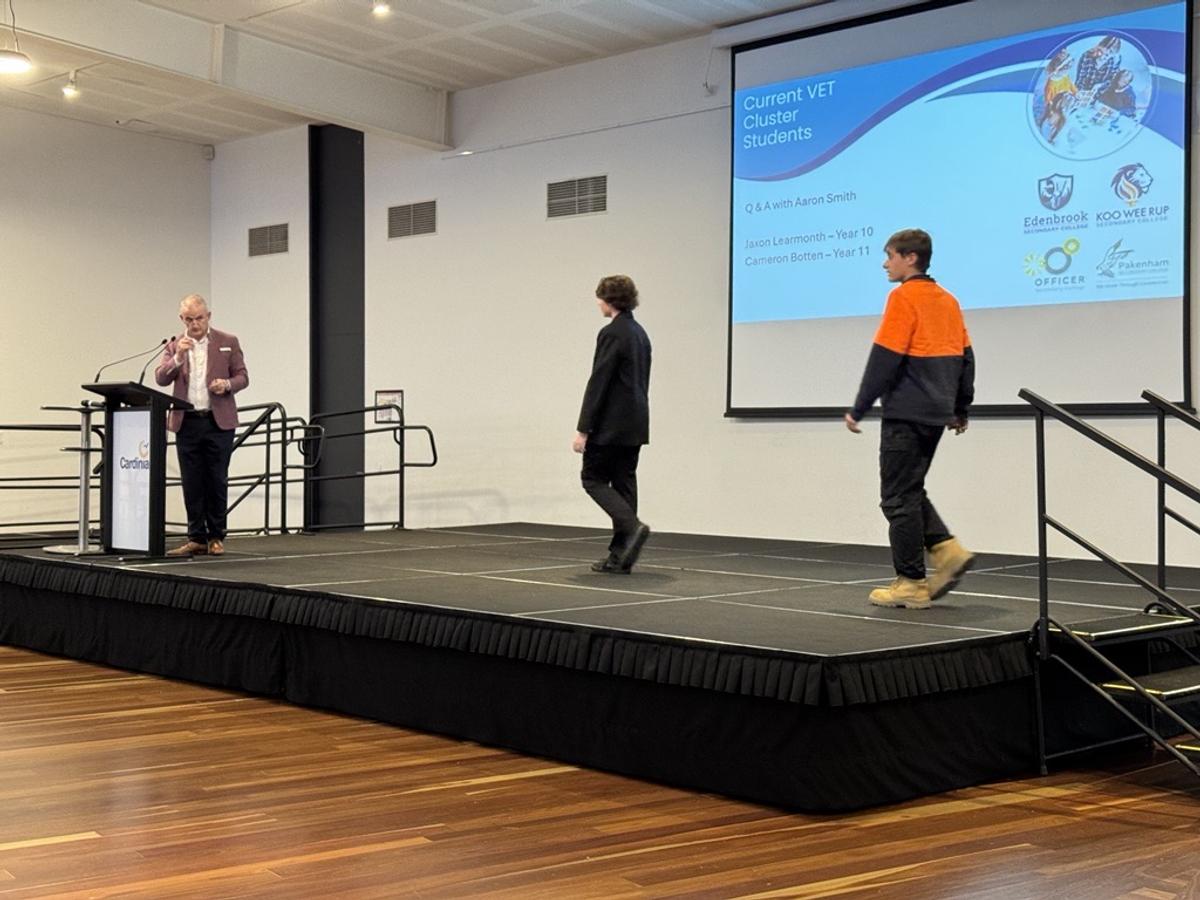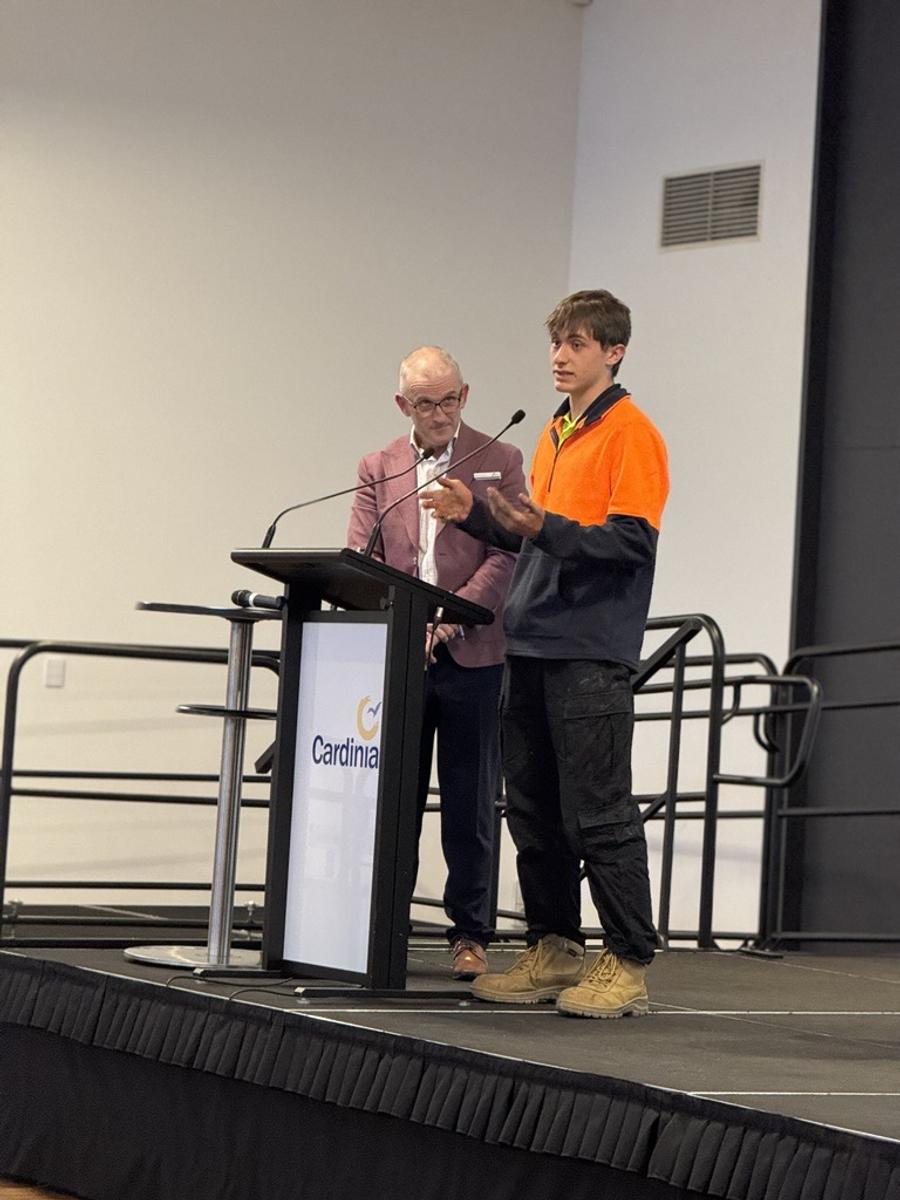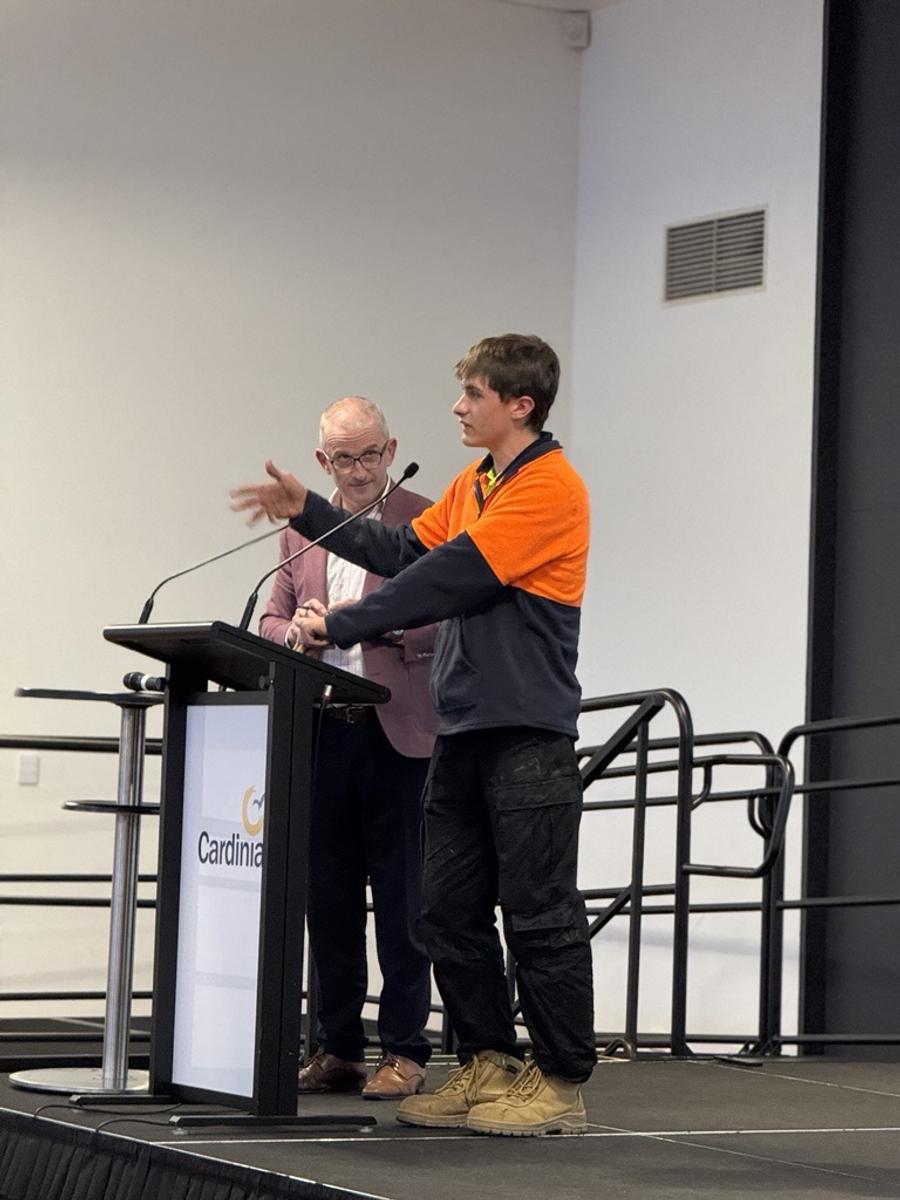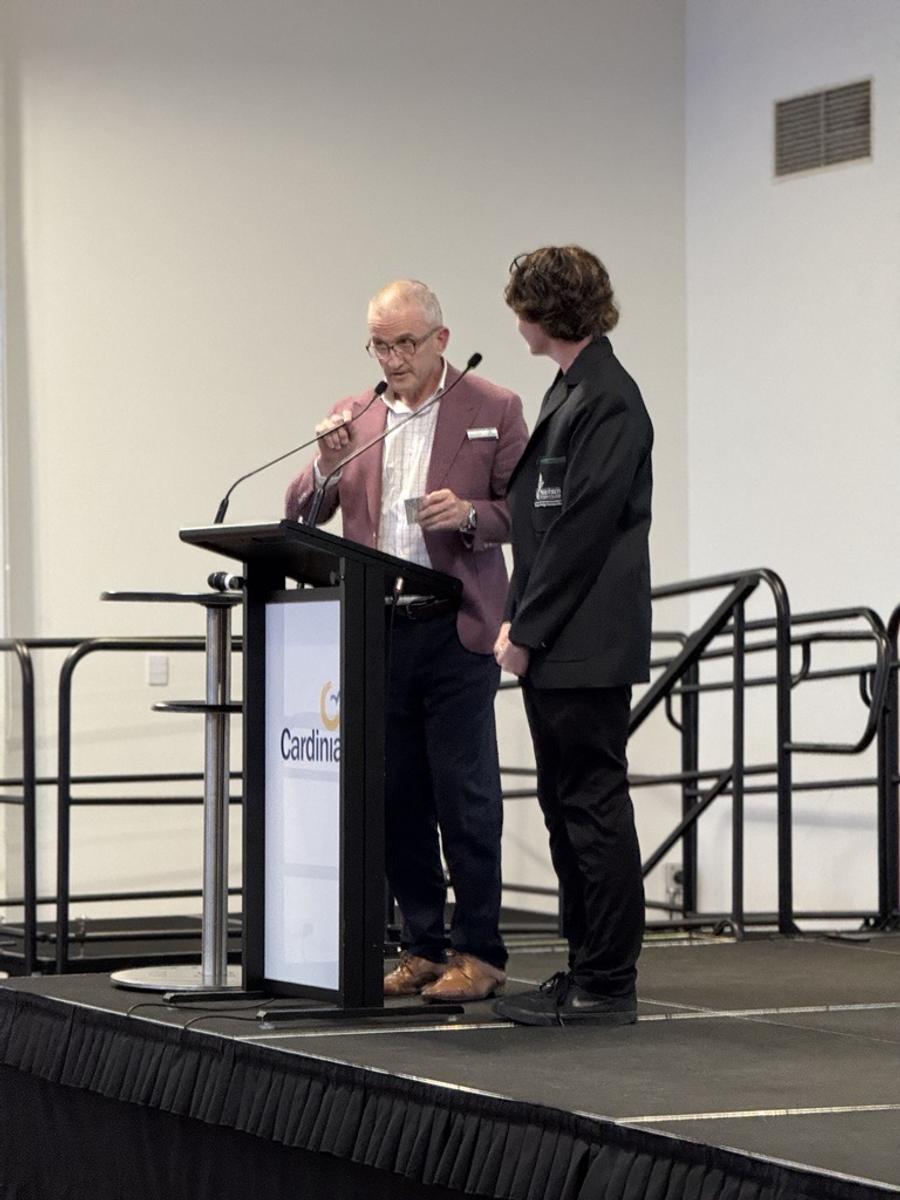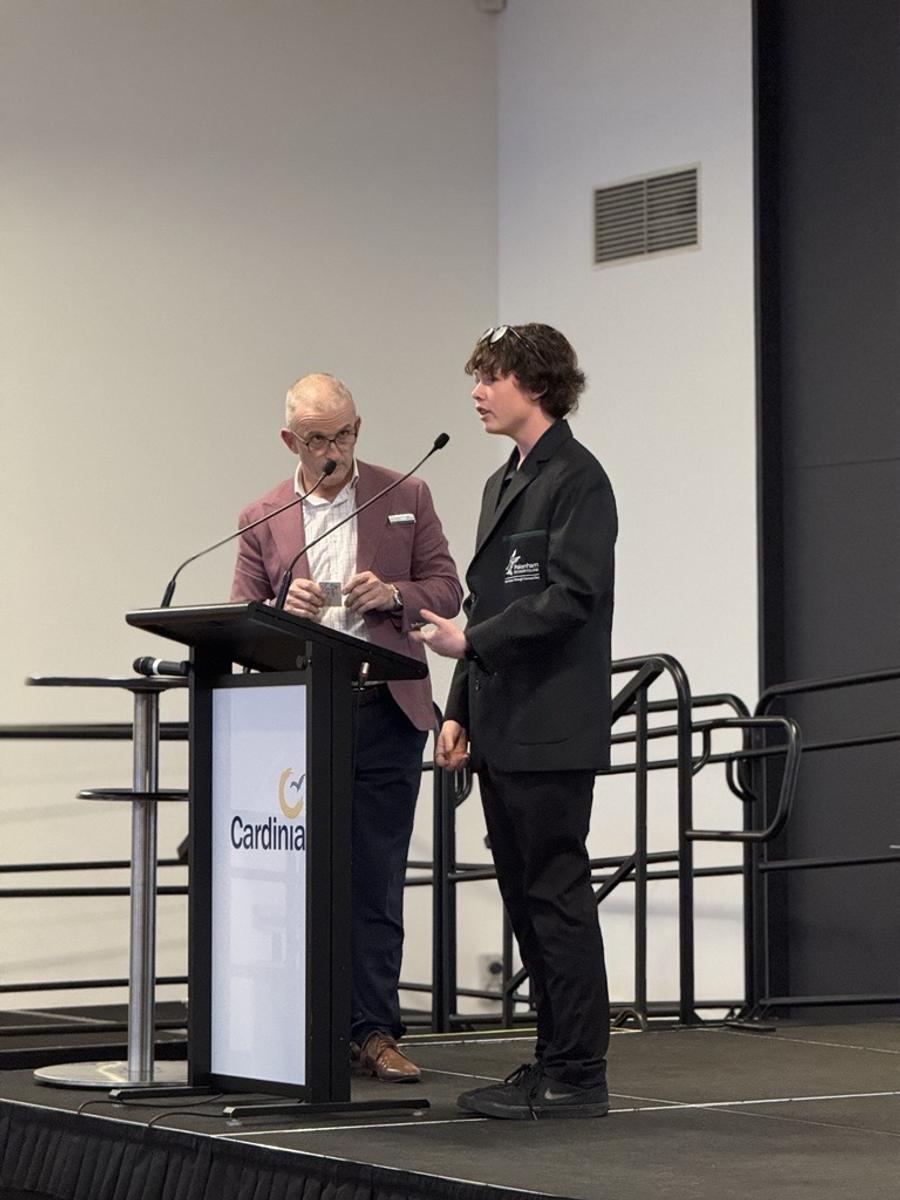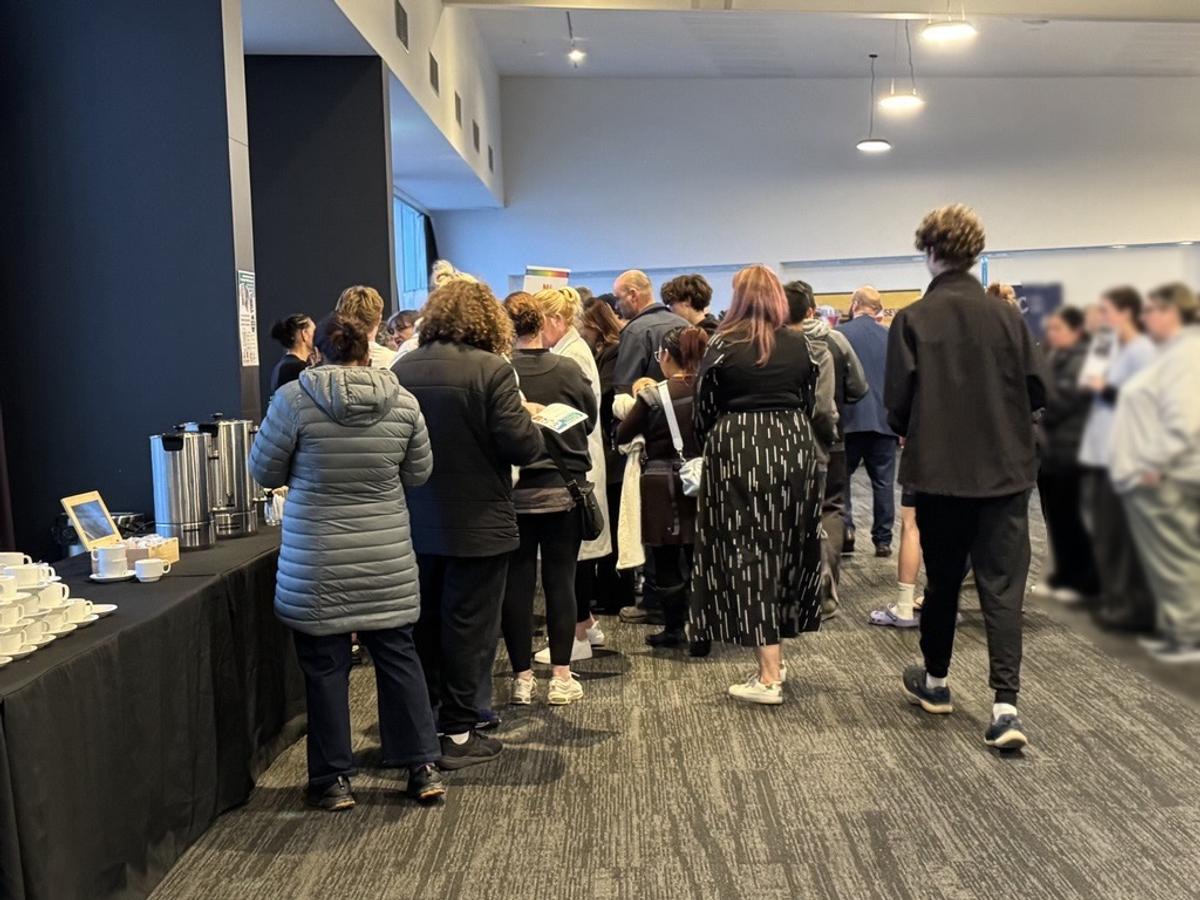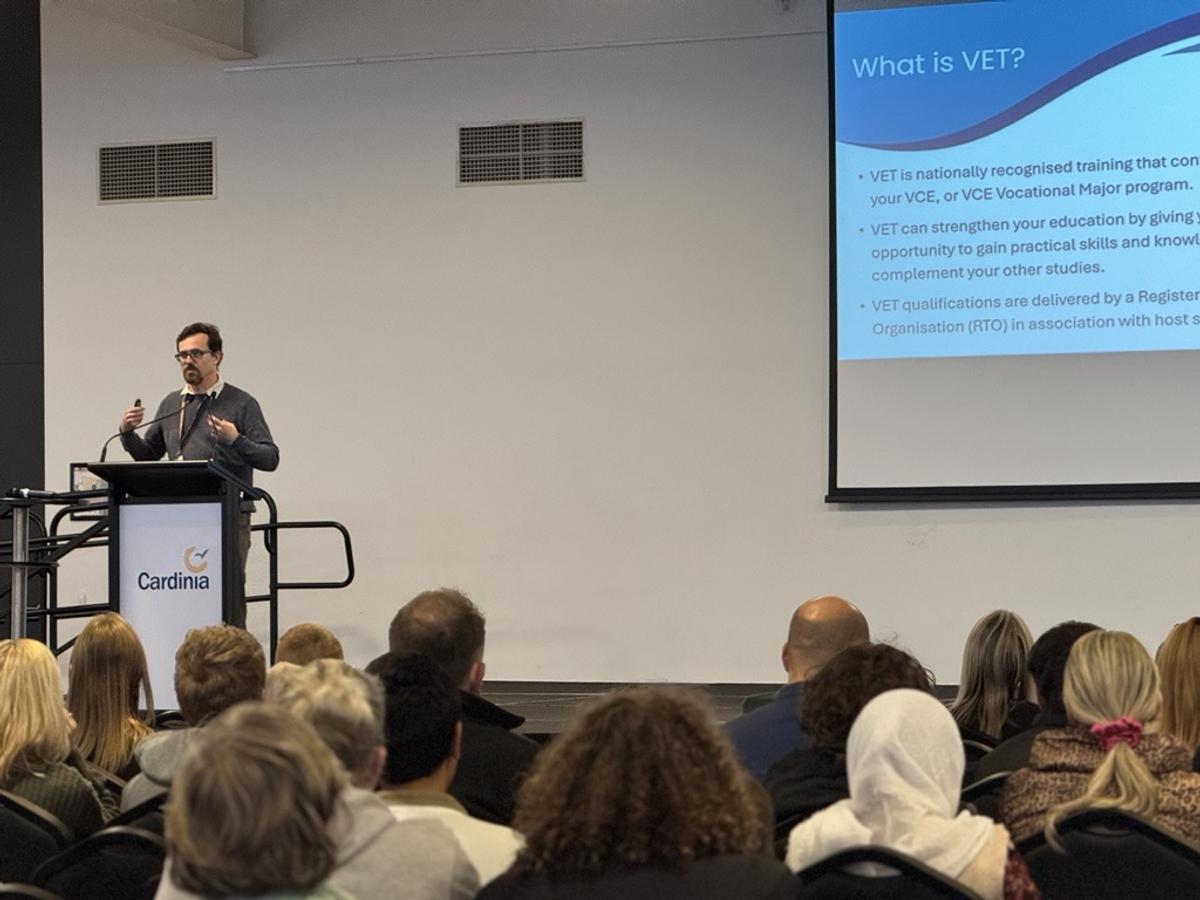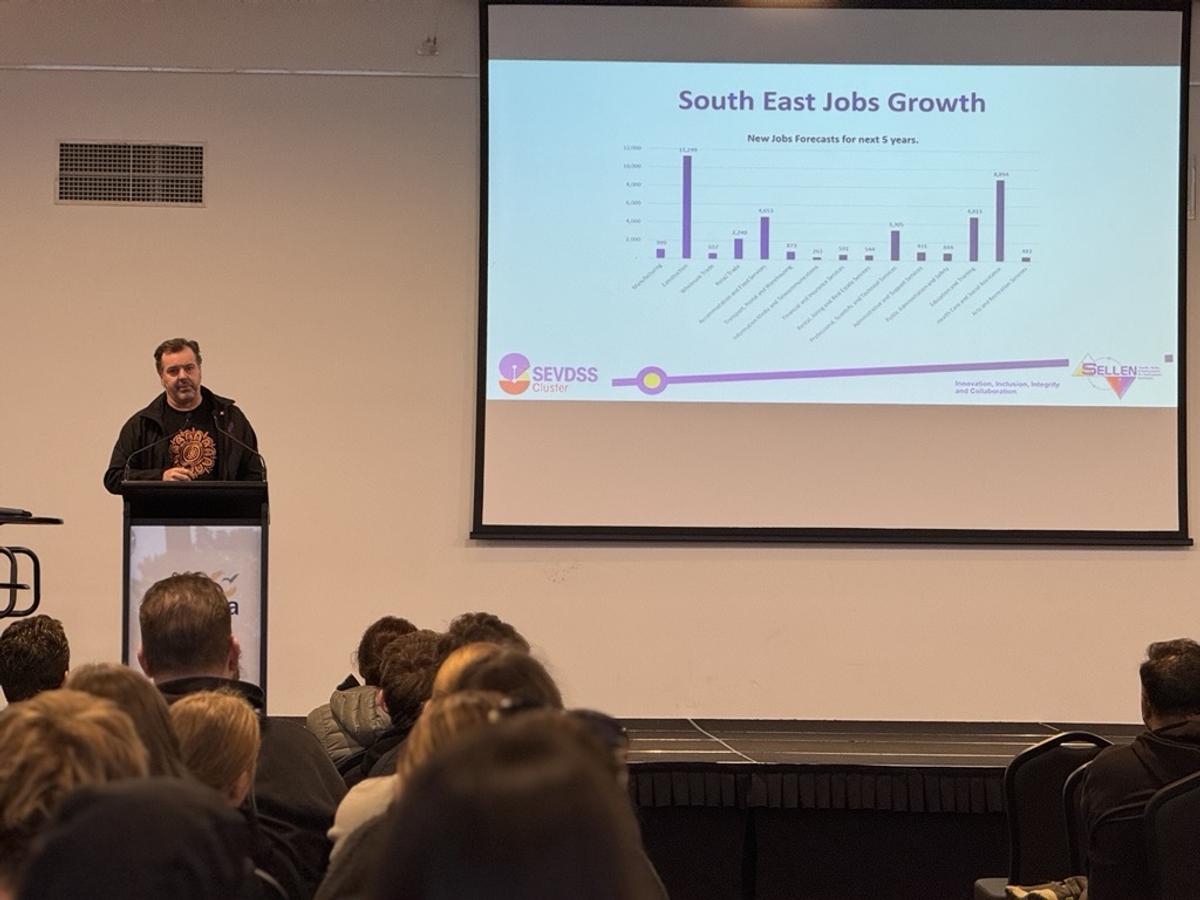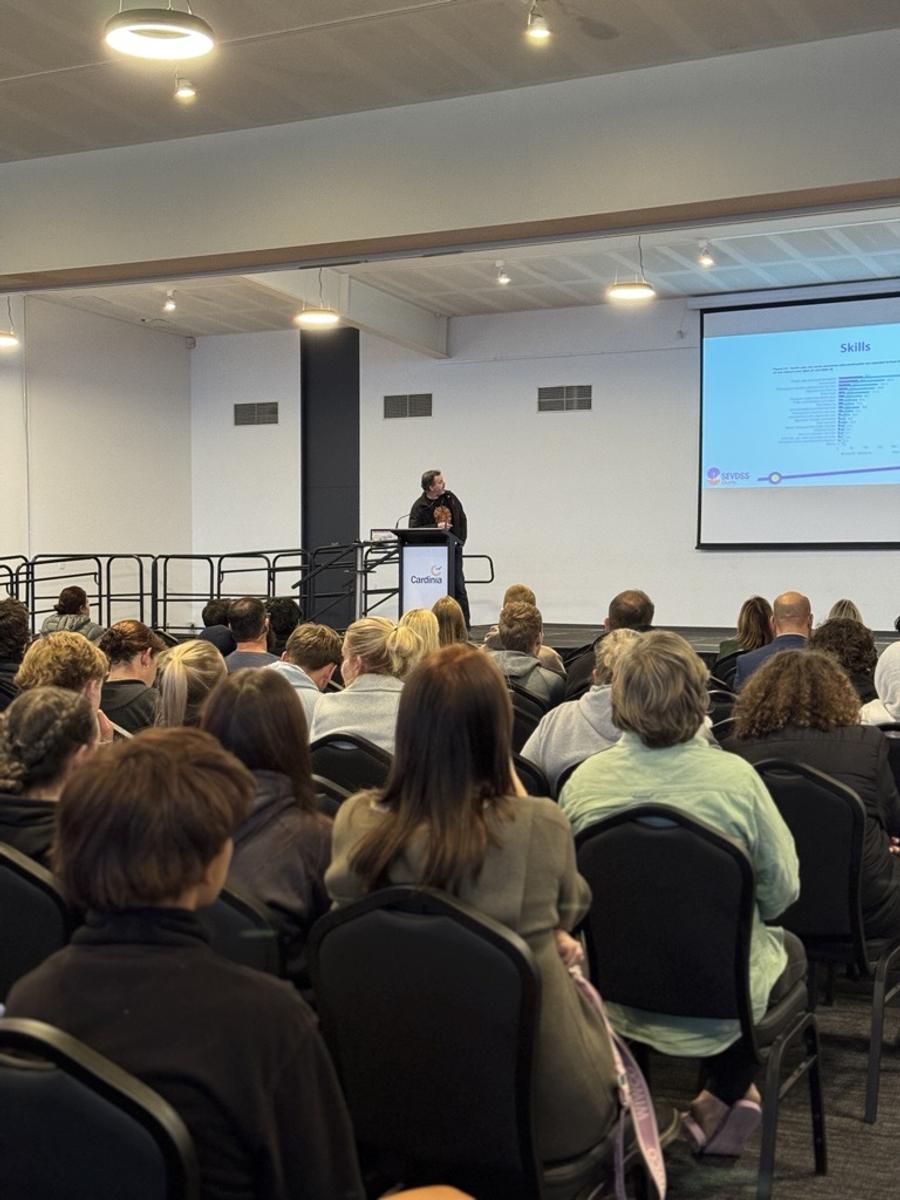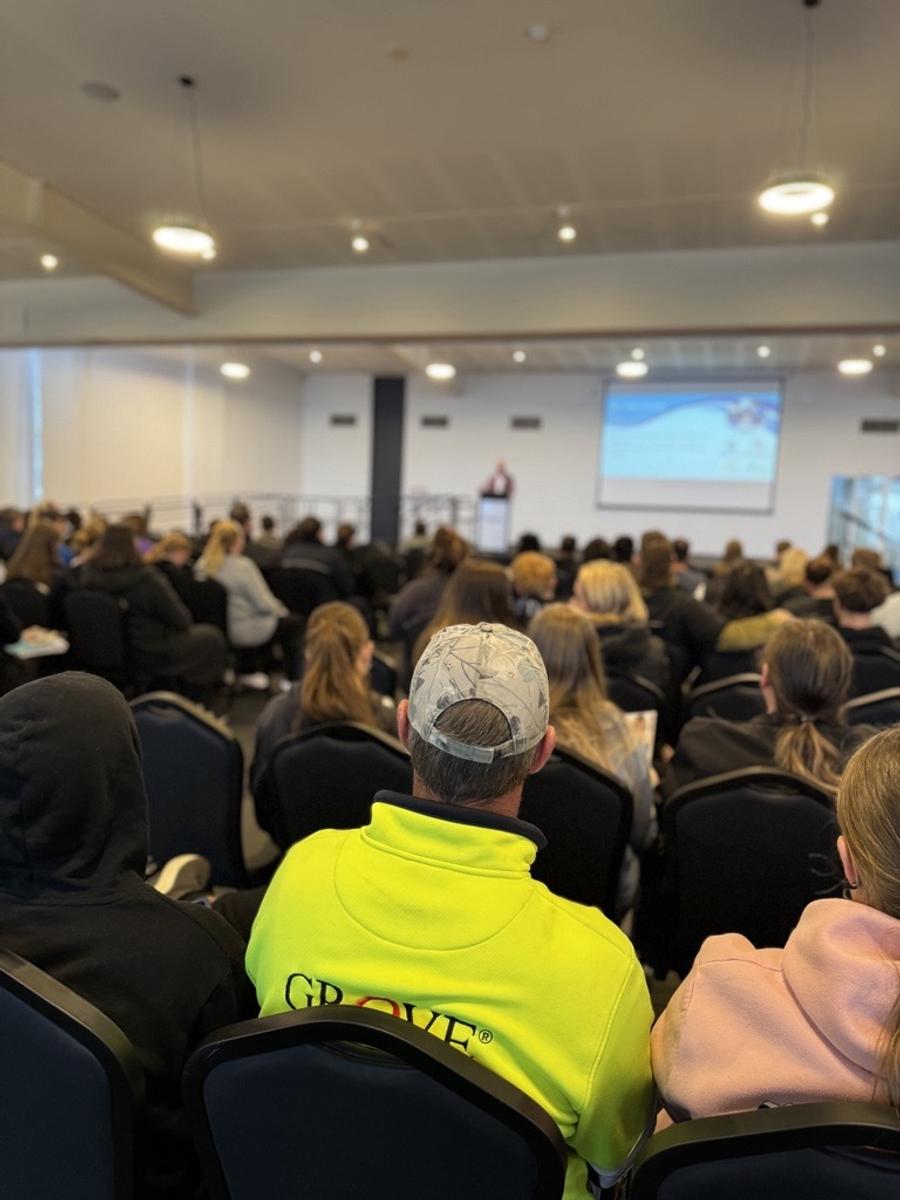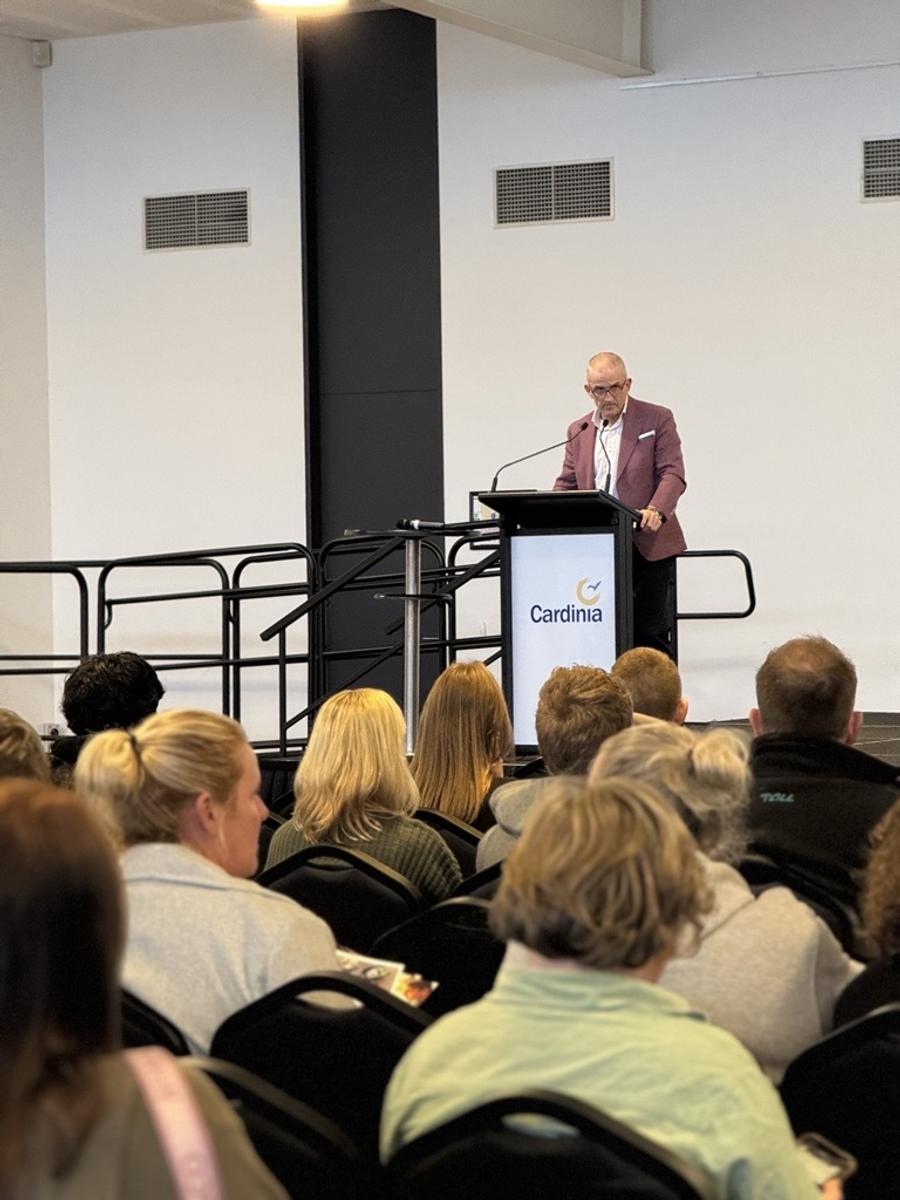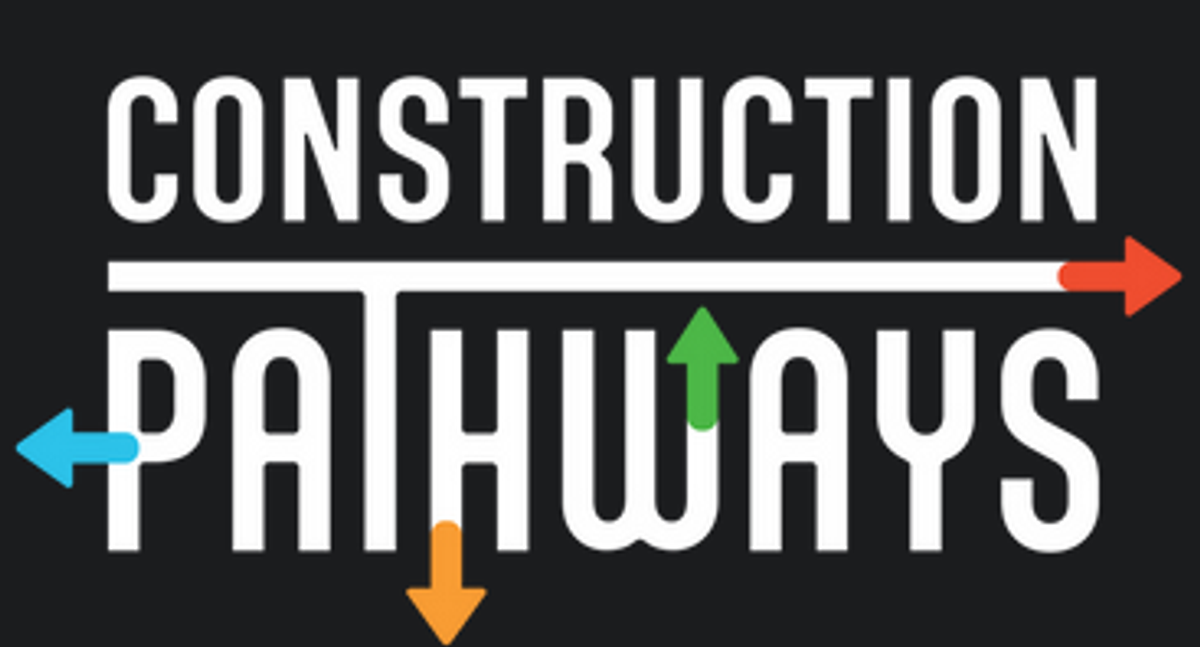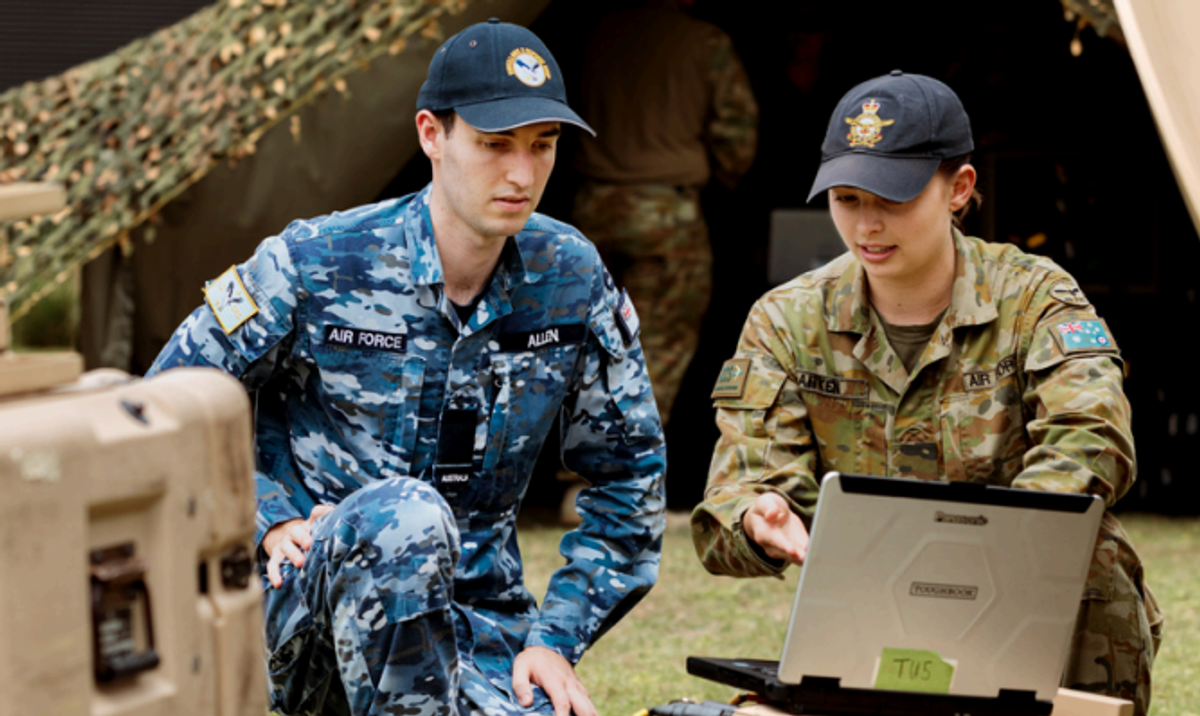Careers Corner

Year 10 Work Experience: A great step towards your future
From Monday, 30th June to Friday, 4th July, our Year 10 students will take part in their highly anticipated Work Experience week. This practical opportunity is an important milestone, giving students a real-world glimpse into the workplace and helping them explore potential career paths.
Work Experience is more than just a week away from school, it’s a chance for students to develop valuable skills and gain insights that will benefit them long after their placement ends. By stepping into a professional environment, students learn about workplace expectations such as teamwork, communication, punctuality and responsibility. These experiences help build confidence and independence as they navigate new challenges and meet people from different industries.
Many students find Work Experience rewarding because it allows them to connect their classroom learning with practical applications, helping to clarify their interests and goals. It also offers a unique opportunity to network, build relationships and sometimes even open doors to future job or apprenticeship opportunities.
We encourage all Year 10 students to approach their placements with enthusiasm and an open mind, making the most of this valuable week. We thank the local businesses and organisations who support our students by providing placements and real-world learning experiences.
Work Experience is a crucial step in preparing for the future, and we look forward to hearing about the many positive experiences and lessons our students will gain.
The Importance of Work Experience for Year 10 Students
Work Experience offers students a unique opportunity to step beyond the classroom and immerse themselves in a professional setting. It’s a vital part of their learning journey that provides much more than just a glimpse of what working life is like.
Developing Real-World Skills
During their placement, students gain practical skills that go beyond textbooks—like effective communication, problem-solving in real situations, collaboration with colleagues, and managing responsibilities on the job. These skills are essential building blocks for any future career.
Discovering Personal Interests and Strengths
By engaging directly with various roles, students get a clearer picture of what they enjoy and where their strengths lie. This hands-on experience helps them make informed decisions about their career paths and identify areas they might want to explore further—or rule out.
Boosting Future Opportunities
Participating in Work Experience shows initiative and commitment, qualities that employers appreciate. It enhances students’ resumes and provides real examples to share in future job interviews, making them stand out in competitive fields.
Building Confidence and Independence
Navigating a workplace environment helps students develop self-confidence and a sense of independence. They learn how to adapt to new situations, take responsibility, and understand workplace expectations firsthand.
Creating Connections
Work Experience also opens doors to new professional relationships. Students may meet mentors or employers who can offer guidance, references, or even job opportunities in the future.
Maximising the Work Experience Week
We encourage all students to approach their placement with an open mind and a willingness to learn. Being proactive - asking thoughtful questions, observing different roles and showing enthusiasm will enrich their experience and provide valuable insights into how workplaces operate.
Vocational Education & Training (VET) Information Session and Expo - 28th May 2025
On Wednesday, 28 May, we hosted an exciting Vocational Education and Training (VET) Information Session and Expo for students in Years 9 to 11, along with their parents and carers. The event began with an engaging presentation from our Principal, Aaron Smith; Andrew Simmons from the South East Local Learning and Employment Network (SELLEN); and Alistair Quinn, the VET Coordinator from Officer Secondary College. The session also included a Q&A with two of our current VET students — Cameron Botten (Year 11), who is studying Building and Construction and Jaxon Learmonth (Year 10), who is studying Community Services.
Following the presentation and Q&A, attendees had the opportunity to explore the expo, visiting a variety of stalls staffed by representatives from our local network of secondary schools (Edenbrook Secondary College, Koo Wee Rup Secondary College, Officer Secondary College and Pakenham Secondary College), as well as members of the Department of Education and a broad selection of Registered Training Organisations (RTOs).
Visitors gained valuable insights into the range of VET courses available for 2026 and received guidance on the next steps to take for enrolment and future career planning.
It was a fantastic opportunity for students and families to connect directly with experts and begin planning confidently for the future. We extend our thanks to our colleagues from our local network of schools, Andrew Simmons from SELLEN and the many RTO providers who joined us on the day.
A special thank you to Cameron Botten and Jaxon Learmonth for sharing their experiences as current VET students.
We also sincerely thank the many students, parents and carers who attended and helped make this such a valuable and successful event.
How to get started in Construction
Want to get started in construction, but not sure where to begin? We’ll show you how to build your construction career starting now!
Explore Your Options
Visit Construction Pathways for information about occupations and pathways, and the resources to help you make your start.
Map Your Pathway
Consider the type of education and training your preferred occupation requires. You could choose:
A Vocational Education and Training (VET) course for hands-on learning to develop your skills.
A VET school subject or pre-trade program to learn practical skills and get job ready.
An Apprenticeship, Traineeship or School-based option so you can earn while you learn. You'll combine paid work with a nationally recognised qualification.
A Higher Education (university) degree if your preferred occupation requires it.
Get your White Card
Compulsory to ensure you're safe onsite, this one can't be skipped.
Do Work Experience
Explore a range of jobs and find out if the construction industry is for you. Develop your skills and the confidence to step onsite now, with the Year 13 and CSQ Construction Pathways Virtual Work Experience! You can explore a day in the life of a Pipelayer, Carpenter or Design Manager, with interactive tasks to help you discover that a career in construction could look like.
Career Spotlight - Education
What is a Teacher?
Teachers work in education, supporting students' development academically, socially and emotionally.
Early Learning Educators guide and nurture children in their most important early years (birth to age 5).
Primary School Teachers teach a broad range of subjects to children from Foundation to Year 6, building essential skills for life.
Secondary School Teachers specialise in particular subjects (like English, Science or P.E.) for students from Year 7 to Year 12, preparing them for further study or work.
What skills and strengths are needed?
Teachers need strong communication skills and must be able to build positive relationships with students, families, and colleagues. They must be adaptable, organised, patient, and confident in managing a classroom. Teachers also need creativity and a passion for learning, so they can inspire and engage young people every day.
What are the pathways?
You usually need to study Education at university. There are several options:
A Bachelor of Education (Early Childhood, Primary or Secondary)
A Double Degree (eg. Arts/Education or Science/Education for Secondary teachers)
If you already hold a degree in another field, you can become a teacher through a Master of Teaching program.
Some states also offer pathways that combine teaching with practical placements to get you classroom-ready faster.
Australian Defence Force Careers
Explore University with a Defence Sponsorship
Are you thinking about going to university after school? Have you considered combining your studies with a career in the Australian Defence Force (ADF)? The Defence University Sponsorship (DUS) is a unique opportunity for students to have their university fees paid for while earning a salary and receiving benefits. Once you graduate, you’ll step directly into an exciting and meaningful role in the Navy, Army, or Air Force.
Study what you love
DUS is available for a range of job-relevant degrees at any accredited university in Australia. Whether it be Engineering or Business, Education or Healthcare, it’s a chance to gain real-world experience, financial support, and a clear career path— all while studying what you're passionate about.
Careers you could step into
Navy Nuclear Submarine Officer: Lead and operate submarine teams in a specialised, high-tech environment.
Army Avionics Engineer: Help develop and maintain cutting-edge Army helicopters.
- Air Force Electronics Engineer Cyber Systems: Protect and manage Defence cyber and communication networks.
How to learn more
For more information, read about the Defence University Sponsorship, call 13 19 01, or visit your local ADF Careers Centre. Discover ADF Careers events virtually and in your local area to learn more.
Exploring your future: University and TAFE Open Days
As students begin to consider life beyond high school, one of the most valuable opportunities available is attending University and TAFE Open Days. These events are designed to give prospective students (and their families) a firsthand look at campus life, courses and career pathways.
Open Days typically run during the middle of the year, often between July and September, and are hosted by institutions across the country. They offer guided tours, information sessions, interactive workshops and the chance to speak directly with lecturers and current students.
Whether you're aiming for a university degree or a hands-on vocational qualification through TAFE, Open Days help you compare options, ask questions and gather the information needed to make confident decisions about your future. You can explore different fields of study, discover entry requirements and even get advice on scholarships and student support services.
Students in Years 10 to 12 are especially encouraged to attend, as these events can help shape subject choices and study goals. Families are welcome too, making it a great way to start conversations about future plans.
To get the most out of an Open Day, plan ahead, visit the institution's website to check the schedule, register for sessions and jot down any questions you might want to ask.
For a list of the upcoming Open Days, please click on the button below.
Maths and Stats Research Competition
The 2025 Mathematics and Statistics Research Competition has officially launched!
How does it work?
- It’s free.
- It’s open to students from across Australia.
- It’s not an exam - you write a report or make a poster.
- There is a range of open-ended research topics to choose from.
- You have until 31 July to undertake research and submit a project.
- The highest-quality projects are eligible for cash prizes!
- You may be invited to The University of Melbourne Parkville campus to deliver a presentation on your research!
You can find out more on the FAQ page and in the submission guidelines.
How do I enter?
The steps are:
- Form a team of up to 3.
- Select a topic from the competition booklet. Click here to be sent a copy.
- Conduct research and create a report or visual display.
- Submit your research by the deadline.
Prizes!
Students with the top project receive $500 each and finalists receive $200 each. There are also cash prizes for best visual displays! Check out the 2023 Finalist Projects for some inspiration.
Download 2024 Finalist Projects
PSC Careers Website
We have a fantastic resource available for students. The PSC Careers Website provides you with all of the latest information that will help you make decisions about your future career and your life beyond school.
You can visit this site to find out about university or TAFE courses and any other type of course available across Australia. The site also has information about VCE, you can search for job vacancies and much more.
In addition to this, please do feel free to drop into the Careers Office if you have any questions.



